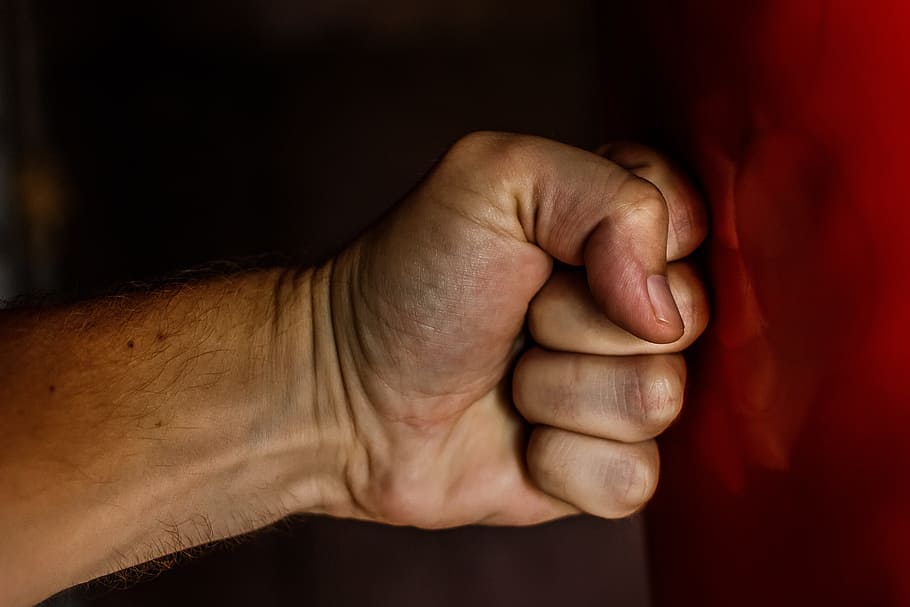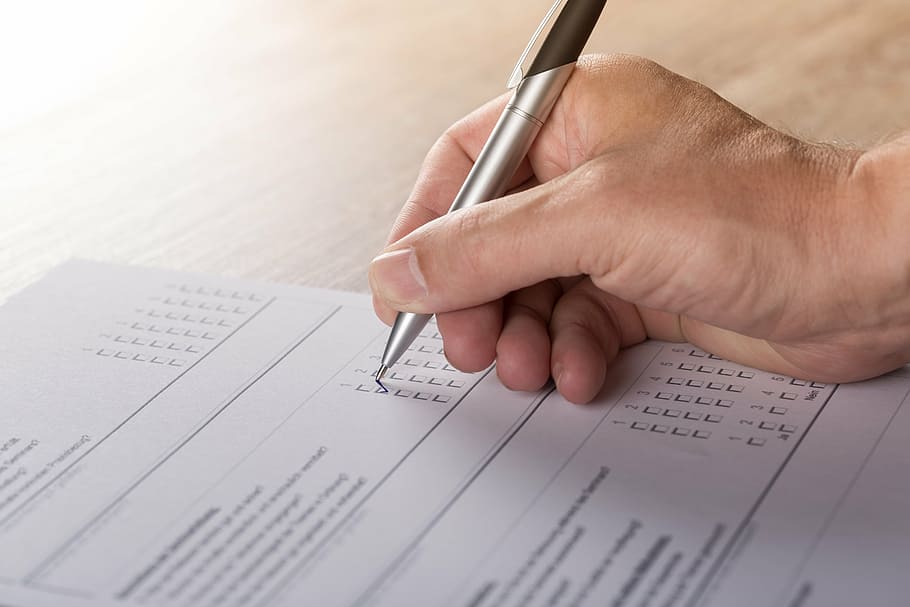The Violence Against Women Act (VAWA) is a great tool that provides protection for victims of gender-based violence in the United States. However, a frequent question that arises among applicants is whether there is a deportation waiver available through VAWA.
The answer is yes, there exists a deportation waver. This legislation not only offers support and resources to those suffering abuse, but also important relief for those facing possible removal from the country. Therefore, it is said that VAWA forgives deportations.
You don’t have to face this process without help. In this article, Jaskot Law tells you what the deportation waiver available through VAWA entails, its requirements and eligibility, the application process, and more relevant information.
My spouse requested my deportation. Is there a deportation waiver available through VAWA?
If your spouse applied for your deportation, it is natural for you to feel overwhelmed and worried about your immigration status. However, there are legal options available to protect you.
One of them is the available deportation waiver available through VAWA. This resource is designed to help victims of domestic violence and family abuse obtain a legal pathway to stay in the United States.
Deportation Waiver Available through VAWA: Eligibility
While the deportation waiver available through VAWA applies not only to women, but also to anyone who suffers gender-based violence in the country, there are certain aspects that allow each petitioner to be eligible for the resource. Among them, the following stand out:
- Be in deportation proceedings.
- Being married to a lawful permanent resident (LPR) or U.S. citizen (USC) spouse who is abusive.
- Be a biological, adopted or stepchild of an abusive LPR or USC: The adopted child must be under the age of 16 at the time of adoption, or the stepchild must be under the age of 18 at the time of the marriage between the parent and stepparent.
- Having a child in common with an abusive LPR or USC who abused the child: It is not necessary to be married to the abusive spouse. Besides, the immigration status of the abused child does not matter.
- Being the former spouse of an abusive LPR or USC: It does not matter how much time has passed since the divorce to qualify for the deportation waiver available through VAWA.
- Being the intended spouse of an abusive LPR or USC: This protection applies to people who believe they are married, but the spouse has not divorced a previous spouse, making it a bigamy.
Do you think you qualify for a deportation waiver available through VAWA, but need additional advice? Contact us, and our team at Jaskot Law will evaluate the case together with you.

Requirements to apply for the deportation waiver through VAWA
To access the deportation waiver available through VAWA, it is necessary to meet certain requirements established by the U.S. Citizenship and Immigration Services (USCIS). Some of the most important requirements are:
- Demonstrating that you are or were a victim of domestic violence or family abuse by your U.S. citizen or legal resident spouse.
- Demonstrating that you lived with your spouse in the United States.
- Being a person of good moral character.
- Demonstrating that you are suffering or suffered extreme abuse by your spouse.
These are just some of the basic requirements based on which VAWA forgives deportations. If you need help or do not know whether you meet all or any of these requirements, please do not hesitate to contact us for more information.
Steps to apply for a deportation waiver available through VAWA
As in any process within the immigration field, in order to access the deportation waiver through VAWA, a series of steps must be followed. These include the following:
- Gathering evidence: The petitioner must gather evidence that demonstrates the abusive relationship and its good faith during the marriage or relationship.
- Form I-360: The next step is to file Form I-360, which classifies an immigrant as a VAWA self-petitioner, in the secure location where the applicant resides.
- Proof of good moral character: The applicant must demonstrate his or her good moral character, and that he or she has no criminal record.
- Proof of residency with the abusive spouse: If the applicant is divorced or separated from the abusive spouse, he or she must show that they lived together in the past, or that the marriage was valid at the time of applying for the deportation waiver available through VAWA.
- Application for Cancellation of Removal: If the applicant is already in removal proceedings, he/she may file an Application for Cancellation of Removal along with the I-360 petition.
- Interview with USCIS: After submitting the petition, the USCIS may call the applicant for an interview.
Benefits of applying for a deportation waiver through VAWA
Applying for a deportation waiver available through VAWA can have numerous benefits for victims of domestic violence and family abuse. Some of the most important include:
- Protection from deportation: A VAWA waiver can provide you with a legal pathway to stay in the United States and avoid deportation if you qualify.
- Work authorization: Once your VAWA waiver application is approved, you will be able to obtain a work authorization that will allow you to maintain legal employment in the United States.
- Access to support services: Applying for a VAWA waiver gives you access to services and resources such as counseling, legal assistance , and medical services.
At Jaskot Law, we are committed to ensuring that Latino immigrants who are victims of domestic violence or family abuse understand the benefits they can have access to with the deportation waiver available through VAWA. Contact us, and we will help you get them!

What happens after the I-360 petition is approved?
Once the USCIS approves the I-360 petition, the applicant may be eligible for certain additional benefits, such as a work permit.
In addition, approval of the I-360 petition may also stop or cancel an ongoing deportation proceeding, thereby giving the petitioner the opportunity to apply for permanent residency (Green Card).
What happens if my deportation waiver is denied?
If the application for a deportation waiver available through VAWA is denied , the applicant may appeal the decision. In addition, he/she may request that the case be reopened or reconsidered through a motion.
It is important to mention that you may also be eligible for other types of immigration relief, such as asylum, if you were a victim of domestic violence or family abuse.
Conclusion
If your spouse has filed for your deportation, there are legal options, such as a deportation waiver available through VAWA, that may provide you with a legal path to remain in the United States. Therefore, it is important to know what this resource entails, its eligibility criteria, the application process, and the outlook after approval or rejection.
Remember that each case is unique and requires expert legal representation. That is why our team of immigration law attorneys at Jaskot Law is committed to providing you with the legal advice you need to protect you and get your immigration status on track.
Sources
Frequently Asked Questions
Does VAWA only protect women victims of gender-based violence?
No, VAWA protects all victims of gender-based violence, regardless of gender or sexual orientation.
What is the purpose of Form I-360?
Form I-360 is a petition that victims of violence may file to seek relief and protection under VAWA.
Can an abused spouse apply for a deportation waiver through VAWA even after divorce?
Yes, if the abused spouse can prove that he or she lived in a valid marriage with the abusive spouse, even if they are now divorced, he or she may still be eligible for deportation relief.
What type of evidence must be presented to prove abuse?
Evidence may include police reports, restraining orders, witness statements, medical records, and any other evidence that supports the applicant’s claims.

